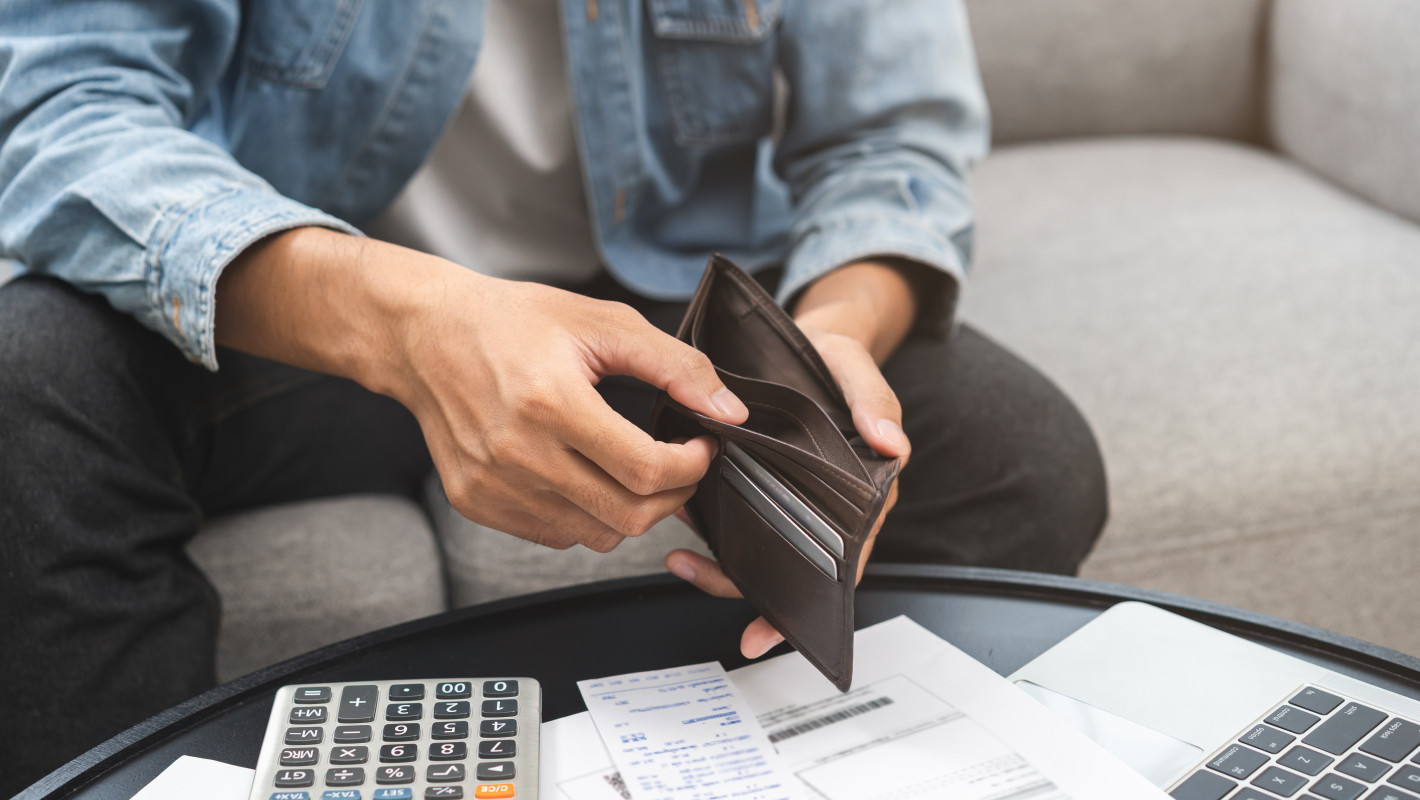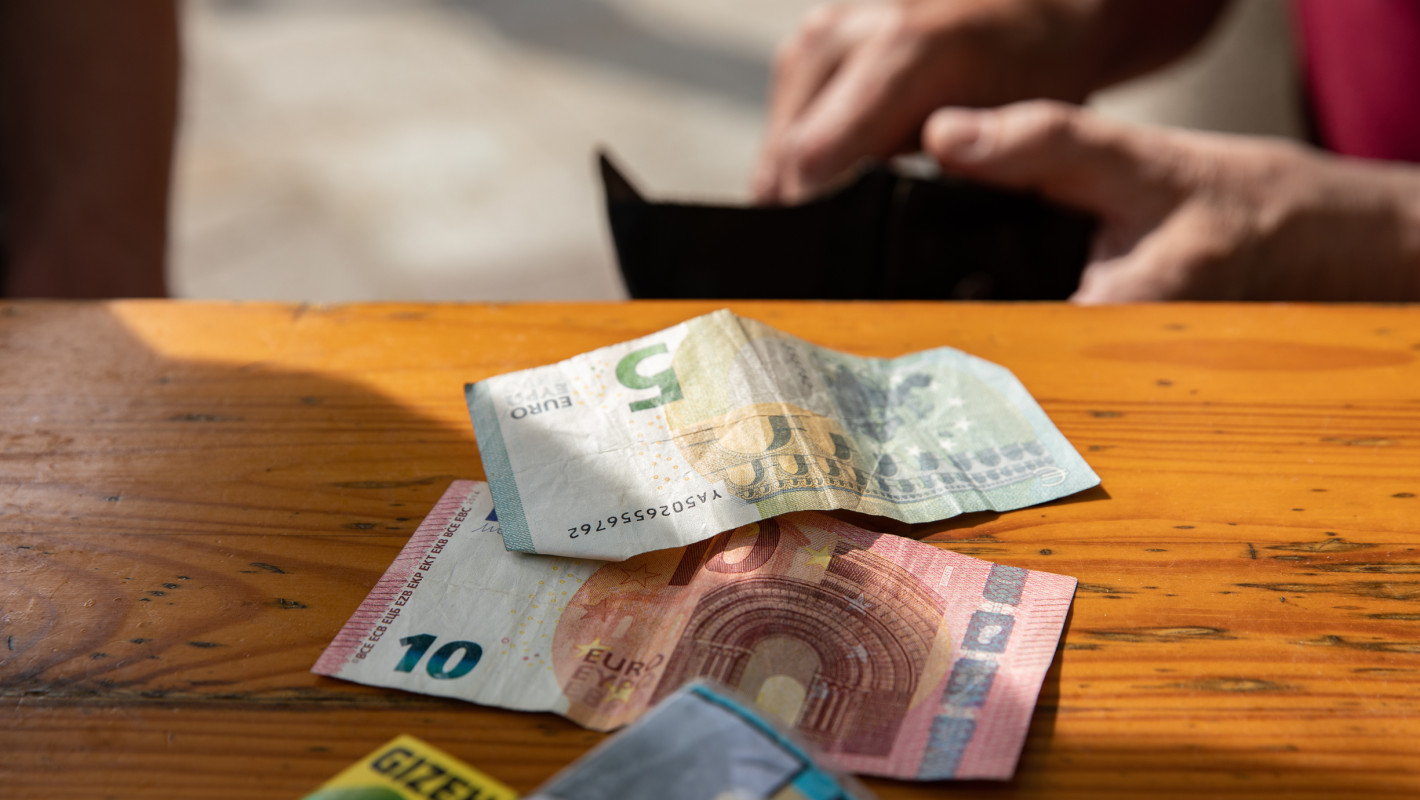Holiday plans: how to organise your finances
We have a few tips for managing your finances on holidays to make sure you don’t spend money unnecessarily while away

Have you already booked your summer holidays this year? Whether you are planning to travel within the Eurozone or heading to a country with a different currency, you will want to ensure you have the right mix of cash and cards to make payments and ensure you are financially prepared. Here’s how to optimally prepare your wallet for your holiday.
Bookings and payments: giro, debit and credit cards
If you are travelling within Europe, it will usually be enough to take your regular girocard or debit card with you in order to withdraw money or pay for your holiday purchases. If you are travelling outside of Europe, and particularly for making hotel reservations or renting a car, you should, at a minimum, bring a credit card with you. Make sure it can be used world-wide.
In theory, you can rent a car or reserve a hotel room using a debit card. However, not every vendor will let you use a debit card to make a deposit or similar. If you want to be sure your card will be accepted, it’s best to ask in advance.
Important: if a vendor accepts your debit card for a reservation, you will be unable to access the money reserved for the car or the hotel until you have paid the final invoice. In addition, it may take several working days after the vendor has removed the reservation for the money to become available again. So it’s important to make sure you have enough money in your account.
Check debit and credit card limits for overseas purchases
Avoid nasty surprises at your destination by checking, before you leave, whether your debit or credit card is subject to a limit on foreign transactions. If you don’t, you might not be able to withdraw money from an ATM or pay with your card. For security reasons, many banks set the limit on foreign transactions to 0 EUR, in order to prevent fraud. However, as a general rule, you can change this yourself in your banking app or online banking portal. You can also ask the bank to help you. Important: increasing your foreign transaction limit doesn’t just apply to physical cards; you might have to do the same thing for the digital card saved in your phone if you plan to pay with it while on holidays.
Withdrawing money is often cheaper than exchanging it
As a general rule, it’s cheaper to withdraw foreign currency directly from an ATM in your destination country. You can often find an ATM at the airport, and doing it this way is usually cheaper than going to the currency exchange. However, if you do want to exchange currency before you go, make sure that you do so at an official currency exchange or bank. Unofficial traders often charge excessive exchange rates. That means you get less foreign currency for your money.
Of course, the cost of withdrawing money at an ATM varies depending on the type of credit card or debit card you have, as well as on your bank. So it’s a good idea to inquire about the conditions for withdrawing money abroad before you go. In addition, many ATM operators abroad charge fees for withdrawing cash from their machine. The fees may be listed on the machine itself or shown on the screen before you make your withdrawal.
As a general rule, you will be charged per transaction, so it’s more expensive if you withdraw small amounts multiple times. On the other hand, you may not be able to withdraw large amounts, as many ATM operators abroad limit how much you can withdraw per day. Single transactions are often limited to 250 or 300 EUR, regardless of what the limit on your card is.
In some cases, you might find special account or credit card offers that allow you to withdraw money while on holiday without incurring any charges. Some banks even have branches or partner-banks in other countries, allowing their customers to withdraw money for free at those banks while on holidays. Here, too, if you do your research in advance and compare various offers, you can save money. Your bank’s list of prices and services (Preis- und Leistungsverzeichnis) will list any fees you will incur for using your card in a different country.
Always select the local currency for payments and withdrawals
Important: If you want to withdraw money or make payments outside the Eurozone, you should always choose to view the amount in the local currency. Never ask for the amount to be displayed or converted to euros. This is because if you view the local currency amounts, the exchange rate will be calculated by your own bank, not the ATM operator. ATM operators charge additional fees for this service.
Write down numbers for freezing your card
It is also important to write down the numbers that you will need to call to freeze your card in the event of an emergency, such as if you have lost it or if it has been stolen. Most banks will also allow you to freeze your card in your online banking portal or your banking app. If you sometimes pay with your smartphone, meaning that you have saved a digital card in an app, remember to also freeze this card if you no longer have access to it. Many credit institutions have specific numbers for you to call if you need to freeze your card, which can be found on their websites. There is also a national number to call to freeze your cards in Germany, which can be reached 24/7 from abroad. Simply call +49 116 116. Finally, you can freeze your card using the card-freezing app on Apple or Android devices.

Contact
Kathleen Altmann
Press spokeswoman


